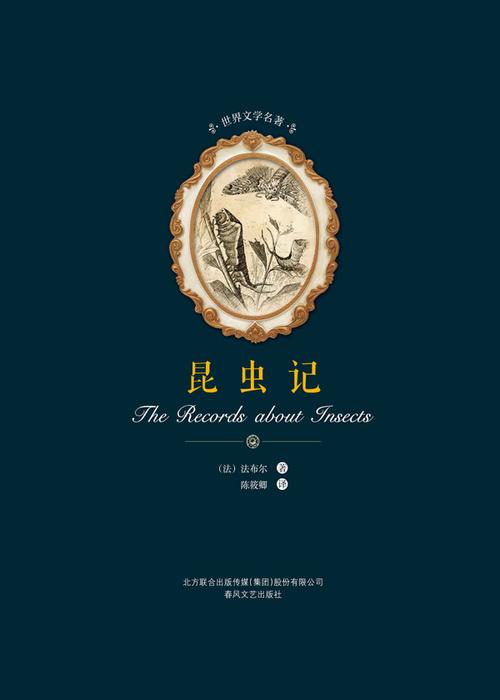查看更多优质解析解答一举报1.
表示“有能力的”、“能干的”,
可用作表语或定语.
如:He is an able manager.
他是位有能力的经理.
He is old but still able.
他虽年老,
但仍有很能干.
2.
用于 be able to do sth(能或会做做某事).
如:He is able to speak English.
他会说英语.
Everyone here is able to type.
这儿的每一个人都会打字.
He will be able to get about in a week or two.
再过一两个星期左右他就能走动了.
He studied hard and was able to pass his examinations.
他学习很努力,
所以考试及了格.
注:be able to 不仅有多种时态形式(通常不用于进行时或与 be going to 连用),
而且还可以与某些情态动词连用(通常不与 can 连用),
甚至还可以有非谓语形式.
如:Since his accident he hasn’t been able to leave the house.
自出事之后,
他一直未能离开家.
You might be able to persuade him.
你也许能够说服他.
I hope to be able to do the work.
我希望能干得了这项工作.
I regret not being able to help her.
我很遗憾未能帮助她.
3.
able 的比较级和最高级通常是 abler 和 ablest,
也可以是 more able 和 most able,
有时还可用 better able和best able.
如:You are better able to do it than I (am).
你比我更有能力做这件事.
She’s the person best able to cope.
她是个最能妥善处理问题的人.
4.
若要加强语气,
其前除可very,
quite,
perfectly等修饰外,
有时还可用well修饰.
如:He is quite [well] able to take care of himself.
他完全有能力照顾自己.
He’s a very able student; he’s just too lazy.
他是个很有能力的学生,
只是太懒了.
若受just,
only just修饰,
则表示“只能”“仅能”.
如:I was just able to make out a dark figure in the distance.
我只能看见远处有个黑影.
5.
able的反义词是unable(不能的,
不是disable,
后者是动词,
其意为“使残废”“使无能力”.
比较:They were unable to reach a decision.
他们没法做出决定.
Now that he was disabled,
his house had become a prison to him.
因为他残废了,
他的房子就成了他的牢笼.
更多推荐








发布评论